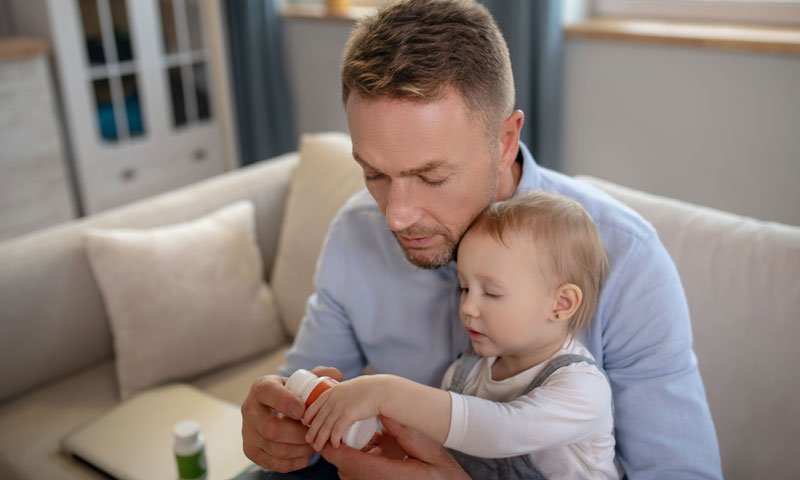Benadryl Dosing for Kids: Ensuring Safe Relief from Allergies and Colds
When it comes to managing allergies, colds, or insect bites in children, Benadryl (the brand name for diphenhydramine) is a commonly used over-the-counter medication. However, ensuring that you administer the right dose to your child is crucial to their safety and effective relief. In this article, we’ll explore the factors that influence Benadryl dosing for kids and offer guidance on how to use this medication responsibly.
Factors Affecting Benadryl Dosing
Several factors come into play when determining the appropriate dose of Benadryl for a child. These include:
- Age: A child’s age is a significant factor in dosing. Younger children typically require less medication than older ones.
- Weight: Weight plays a crucial role in determining the correct dose. Children who weigh more may need a higher dose for effective relief.
- Symptoms and Severity: The type and severity of the symptoms also influence dosing. Different conditions may require different doses of Benadryl.
General Guidelines for Benadryl Dosing
To provide effective relief while minimizing potential side effects, it’s essential to follow general dosing guidelines:
- Consult a Healthcare Professional: Before giving your child any medication, it’s advisable to consult a healthcare provider, especially if it’s the first time your child is taking Benadryl or if they have underlying health conditions.
- Read the Label: Always read the label on the Benadryl product you have. Manufacturers provide specific dosing instructions for different age groups.
- Age-Based Dosage: For children between 6 to 12 years old, the typical dose is 12.5 mg to 25 mg every 4 to 6 hours as needed. For children under 6 years old, consult a healthcare provider for the appropriate dosage.
- Weight-Based Dosage: If you’re uncertain about the right dosage based on your child’s weight, it’s recommended to consult a healthcare professional for personalized guidance.
- Avoid Extra Strength Formulas: Extra strength formulations of Benadryl are not suitable for children and should be avoided.
- Never Exceed the Recommended Dose: Overdosing on Benadryl can lead to serious health issues, so it’s crucial to adhere to the recommended dosing instructions.
Potential Side Effects and Precautions
Benadryl, like any medication, can have side effects, especially if not dosed properly. Some common side effects in children may include drowsiness, dry mouth, and restlessness. It’s essential to be aware of these potential side effects and monitor your child when they take the medication.
To minimize these risks, follow these precautions:
Drowsiness: If your child experiences excessive drowsiness, avoid activities that require alertness, such as driving or operating heavy machinery.
- Dry Mouth: Encourage your child to drink water to stay hydrated.
- Restlessness: If your child becomes restless, consult a healthcare provider for alternative treatments or dosage adjustments.
When to Seek Medical Attention
While Benadryl can be a helpful tool for managing allergies and minor ailments, there are instances when you should seek immediate medical attention:
- If your child experiences an allergic reaction to Benadryl, characterized by hives, difficulty breathing, or swelling of the face, lips, tongue, or throat.
- If your child accidentally ingests an excessive amount of Benadryl.
- If your child’s symptoms worsen or do not improve with Benadryl use.
- In these cases, contact a healthcare provider or seek emergency medical assistance.
Conclusion
Benadryl can be a valuable tool for providing relief to children suffering from allergies, colds, and other minor ailments. However, responsible dosing is crucial to ensure their safety and well-being. Always consult with a healthcare professional or refer to the label instructions to determine the appropriate dose for your child, and closely monitor them for any potential side effects. When used correctly, Benadryl can provide effective relief for children in need.

